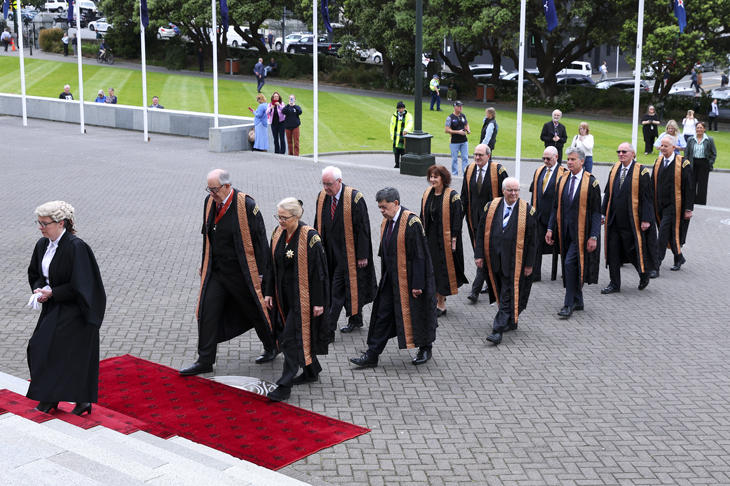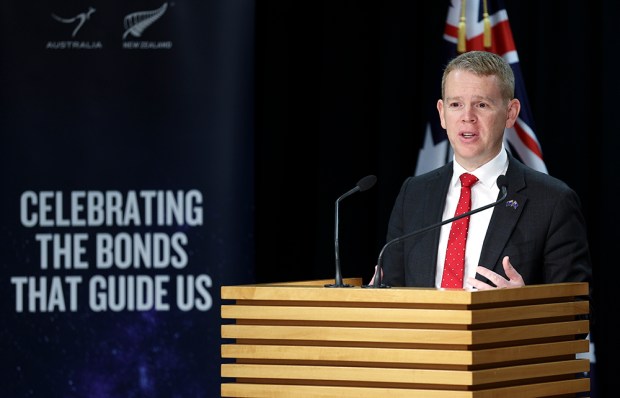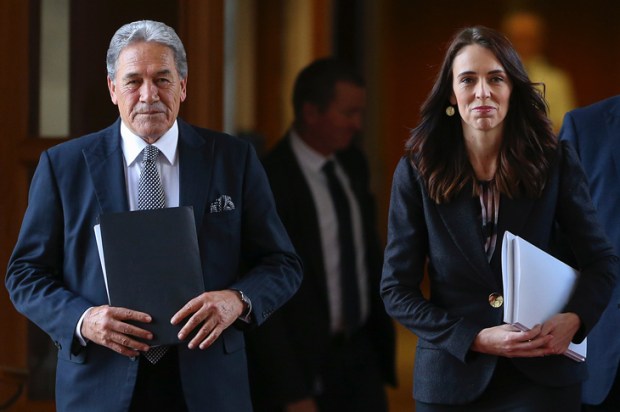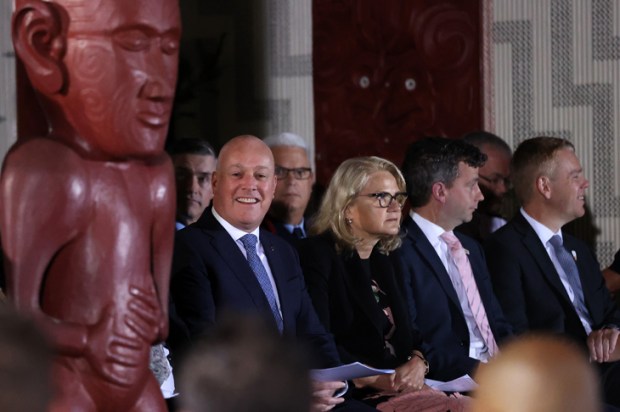If you cast your eyes across the Tasman right now, you can see the beginnings of an imperial judiciary, the makings of which are being cheered on at every step by many of those in the lawyerly caste and in the law schools. What do I mean by ‘an imperial judiciary’? I refer to a country where the top judges – committees of unelected ex-lawyers if we want to deal in specifics – are giving themselves new-found power at the expense of the elected branches of government.
Already a subscriber? Log in
Subscribe for just $2 a week
Try a month of The Spectator Australia absolutely free and without commitment. Not only that but – if you choose to continue – you’ll pay just $2 a week for your first year.
- Unlimited access to spectator.com.au and app
- The weekly edition on the Spectator Australia app
- Spectator podcasts and newsletters
- Full access to spectator.co.uk
Unlock this article
You might disagree with half of it, but you’ll enjoy reading all of it. Try your first month for free, then just $2 a week for the remainder of your first year.














Comments
Don't miss out
Join the conversation with other Spectator Australia readers. Subscribe to leave a comment.
SUBSCRIBEAlready a subscriber? Log in